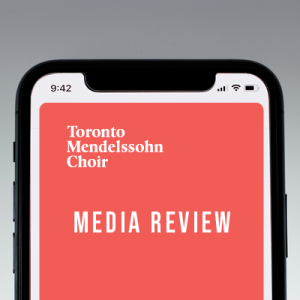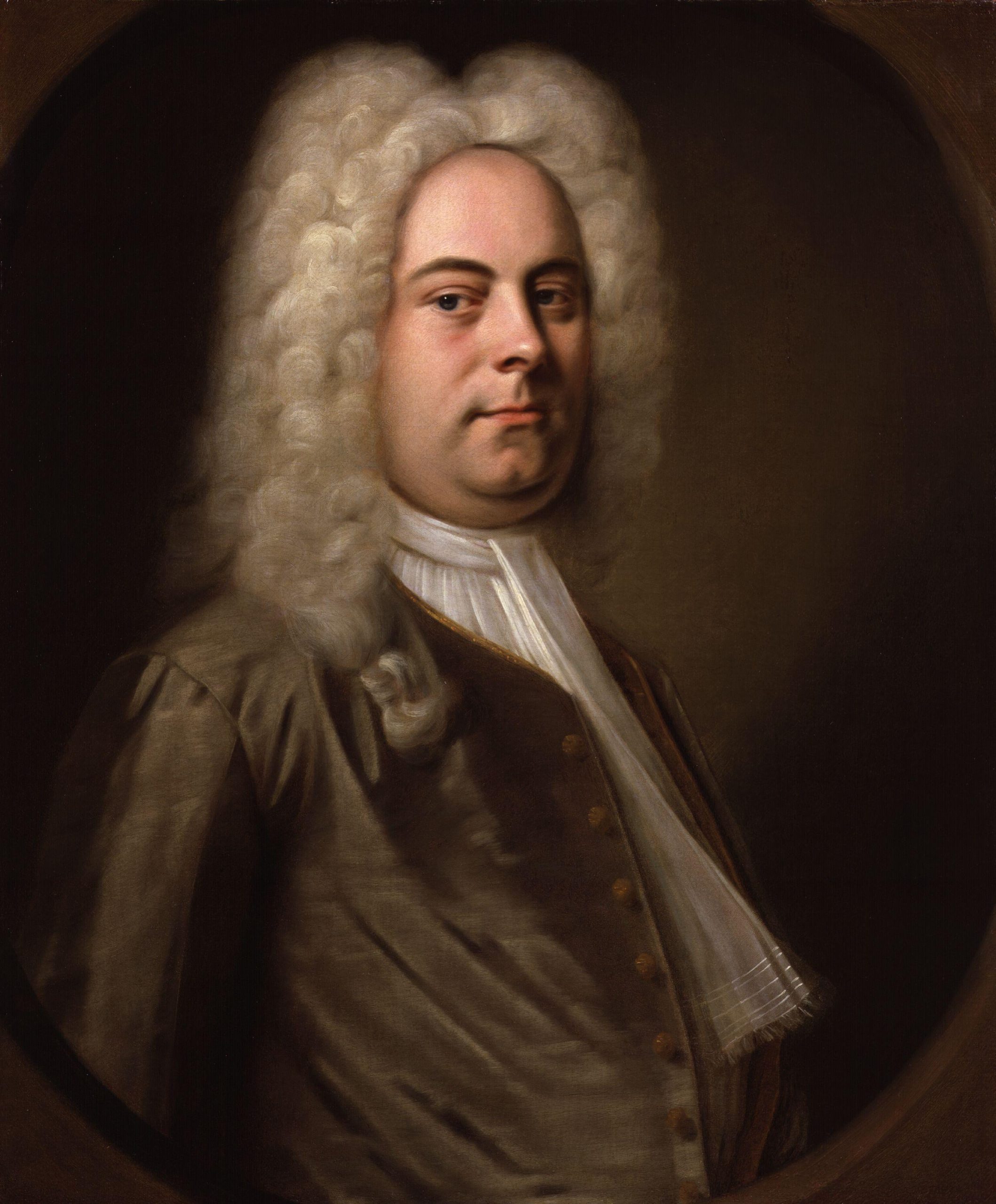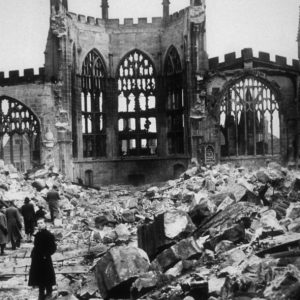Spotlight on North America. Saturday, January 26 at 3 pm EST.
Interim Conductor David Fallis has put together a program featuring works by Canadian and American choral composers for the TMC’s 2019 free community concert. David notes
“We want to shine our spotlight on three key areas: the exciting new generation of Indigenous artists across Canada who are leading contributors to so many aspects of our cultural life, choral music included; local Toronto composers from Healey Willan to Stephanie Martin; and the fact that some of our most alluring melodies are folksongs whose origins are obscure but which live on in lively arrangements by important composers.”
This concert is a wonderful opportunity for people to hear the Grammy-nominated 120-voice Toronto Mendelssohn Choir and discover some stunning contemporary choral music, including two works by Andrew Balfour, the prominent Winnipeg composer of Cree descent.





